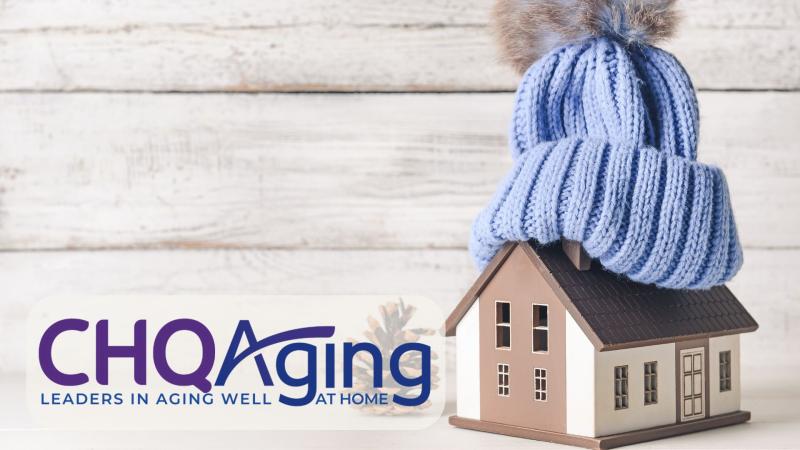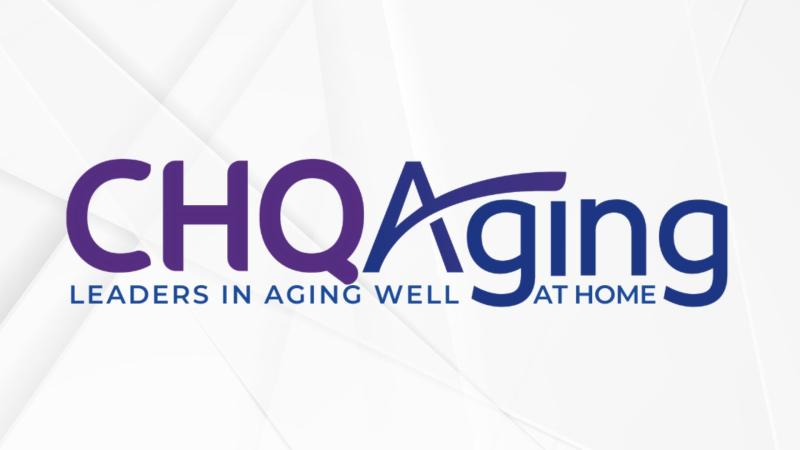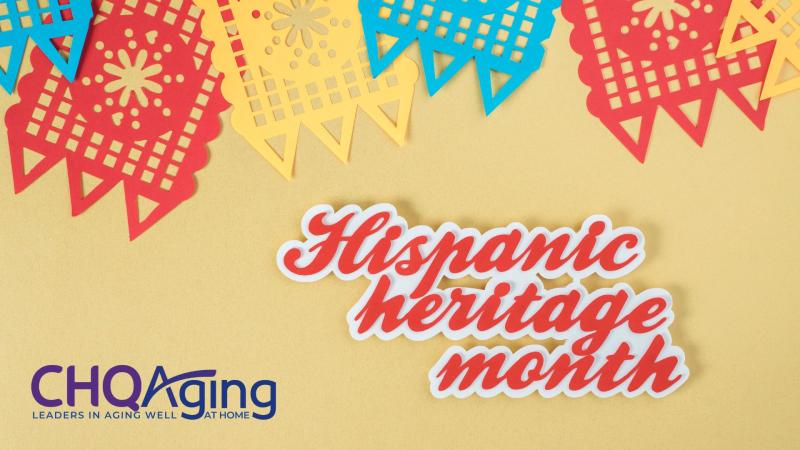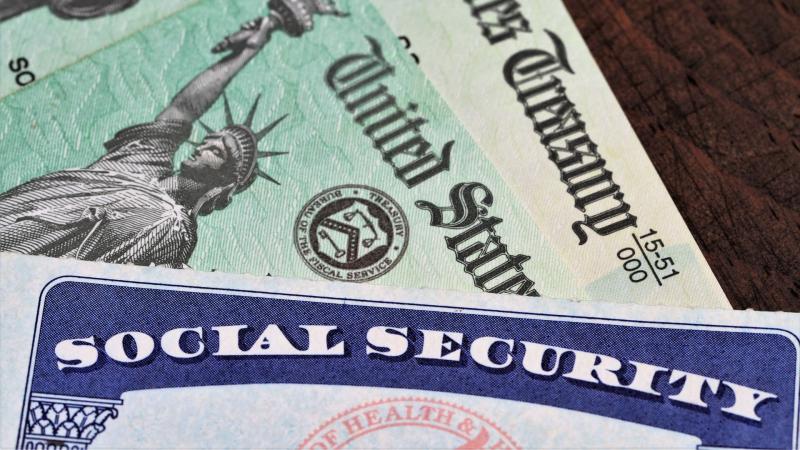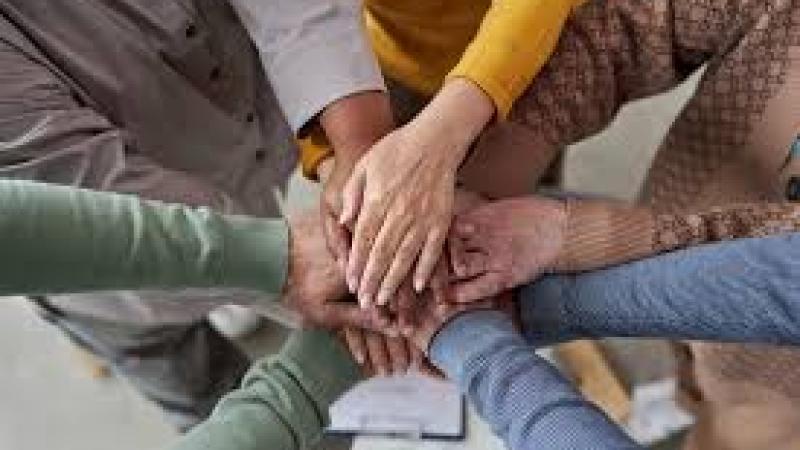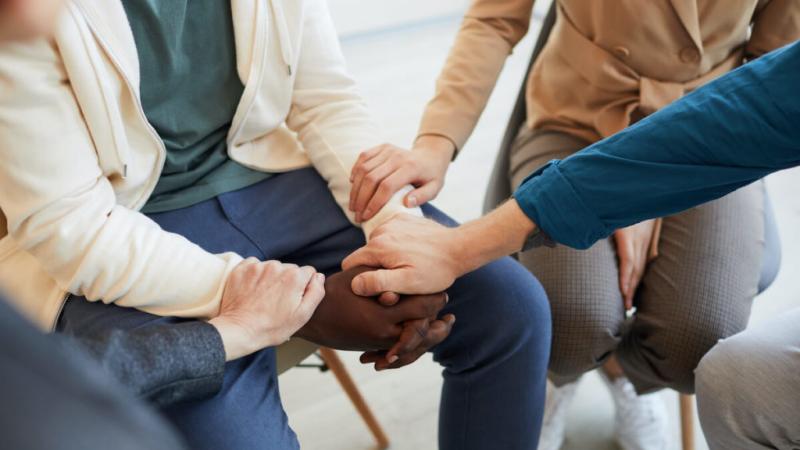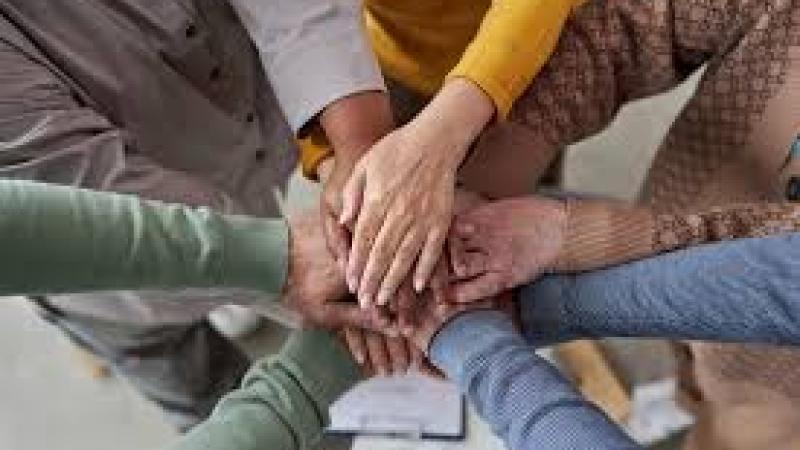By Dana Corwin Director, Chautauqua County Office for Aging Services
June is Elder Abuse Awareness Month and this year’s theme for World Elder Abuse Awareness Day is "Beyond Age".
The campaign will focus on challenging ageist attitudes and promoting respect for older people. By shifting societal attitudes and emphasizing the value of age, we can work towards a safer and more inclusive society for older people and combat ageism as one of the significant drivers of elder abuse.
Elder abuse is a serious and often underreported issue that affects millions of older adults around the world. Whether it's from a family member, caregiver, or another trusted individual, or a scammer that is unknown, elder abuse can have devastating consequences for victims and their families.
As a community, we should and need to look out for each other! In a changing world, it is more important than ever to be looking for abuse of our older adults. Here is what to look for and what to do if you suspect someone is being mistreated and potentially abused in some way.
Types of Elder Abuse
- Physical Abuse: This involves the infliction of physical harm, such as hitting, slapping, or restraining an elderly person. Bruises, broken bones, and other injuries are common signs.
- Emotional or Psychological Abuse: This includes verbal assaults, threats, humiliation, or isolation, which can lead to depression, anxiety, and emotional distress for the victim.
- Sexual Abuse: Involves any non-consensual sexual contact or behavior with an elderly person, often occurring in care facilities or at home.
- Financial Abuse: One of the most common forms of elder abuse, financial abuse involves the illegal or unethical use of an elderly person’s money or property. It can include theft, fraud, or coercing the elder into changing their will or giving away assets.
- Neglect: This occurs when caregivers fail to provide necessary care, such as food, medical attention, or hygiene, resulting in harm to the elderly person.
It is important to understand and be looking for “red flags” that may be present in situations that could be elder abuse. Recognizing these signs and knowing what to do could save a life, prevent any further harm, or prevent exploitation of our older adults. Recognizing the signs of elder abuse can be challenging, especially since many victims are reluctant to speak out.
Common Signs Include:
- Unexplained injuries or a history of frequent hospital visits.
- Withdrawal from social activities or family.
- Sudden financial difficulties or missing funds.
- Poor hygiene or neglect of basic needs.
- Anxiety or fearfulness around certain individuals.
- It is estimated that one in six older adults experiences some form of abuse each year worldwide.
- Elder abuse can occur in private homes, care facilities, and community settings.
- Social isolation and cognitive decline are major risk factors for elder abuse.
For assistance in reporting any concerns of elder abuse contact Chautauqua County protective services for adults at 716-753-4447 or the Chautauqua County office for Aging Services at 716-753-4471
World Elder Abuse Awareness Day works to shine a light on these issues, encouraging open conversations and empowering people to recognize and prevent abuse. By spreading awareness, we can help ensure that every older person lives with dignity, respect, and safety.
- There are many meaningful ways to participate in World Elder Abuse Awareness Day:
- Wear purple: Purple is the official color of the day. Wearing it shows your support for the cause.
- Share information: Use social media to spread facts, stories, and resources about elder abuse prevention.
- Attend or organize events: Join Chautauqua County leaders on Monday June 16, 2025 at 2PM in Mayville at the County court house steps for our annual press conference.
- Reach out: Check in with elderly family members, friends, and neighbors to offer support and companionship.
- Advocate: Support policies and initiatives that protect older adults from abuse and neglect.
Education, information, and action are our tools. Remember to PLAN (please look at now) as you age. So that you can be equipped to age well at home.

